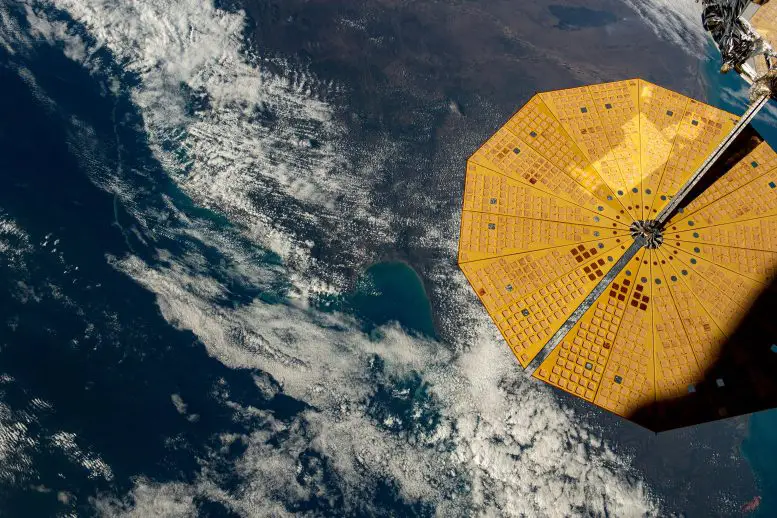The International Space Station (ISS) is a hub of scientific exploration, a symbol of international cooperation, and a testament to human ingenuity. Expedition 69, the latest mission to this orbiting laboratory, continues to push the boundaries of our understanding of space and its impact on various scientific disciplines. Let’s take a closer look at some of the exciting endeavors the crew is currently engaged in.
Robotic Advancements in Space:Expedition 69
One of the key focus areas for Expedition 69 is the advancement of robotics in space. Robots have become indispensable assets in space exploration, as they can perform tasks that are too dangerous or repetitive for humans. The crew is working on the latest generation of robotic systems designed to enhance the efficiency and versatility of space operations.
Astronauts are collaborating with engineers on Earth to test and improve robotic technologies, such as the Robotic Refueling Mission 3 (RRM3). This experiment aims to demonstrate the feasibility of autonomously servicing satellites in orbit, potentially extending the operational lifetimes of these valuable assets. These developments are not only crucial for future space missions but also have implications for the burgeoning field of satellite servicing.
Microbiology Studies in Microgravity
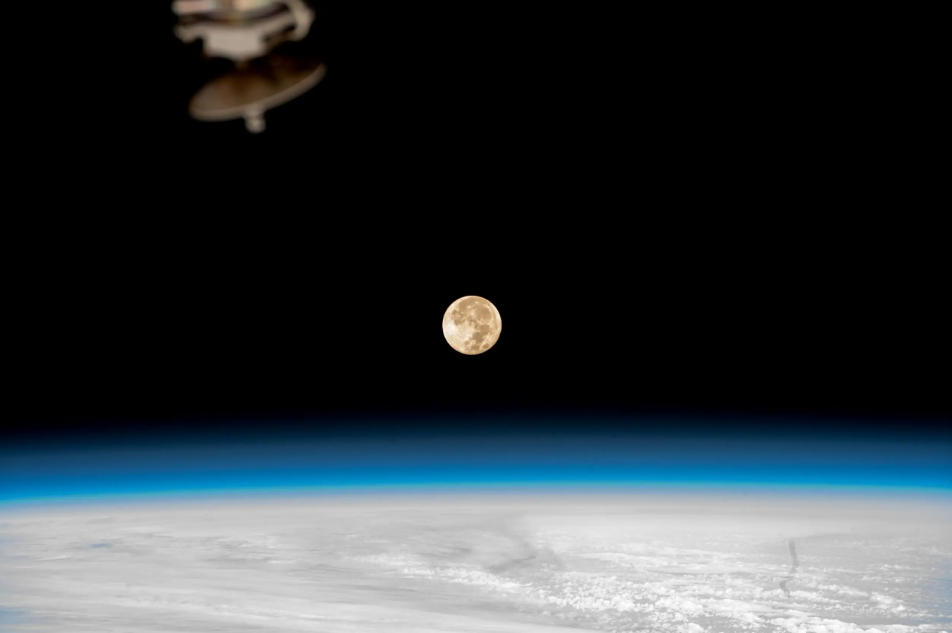
Microgravity provides a unique environment for scientific research, especially in the field of microbiology. Expedition 69 crew members are actively conducting experiments to understand how microorganisms behave in space. These studies have far-reaching implications, including the development of antimicrobial agents, improved biotechnology processes, and insights into the survival of microorganisms during space travel.
One notable experiment is the “BioNutrients” study, which investigates the role of nutrients in shaping microbial communities in the ISS environment. Understanding these interactions can help mitigate potential health risks for astronauts and improve life support systems on long-duration missions to the Moon and Mars.
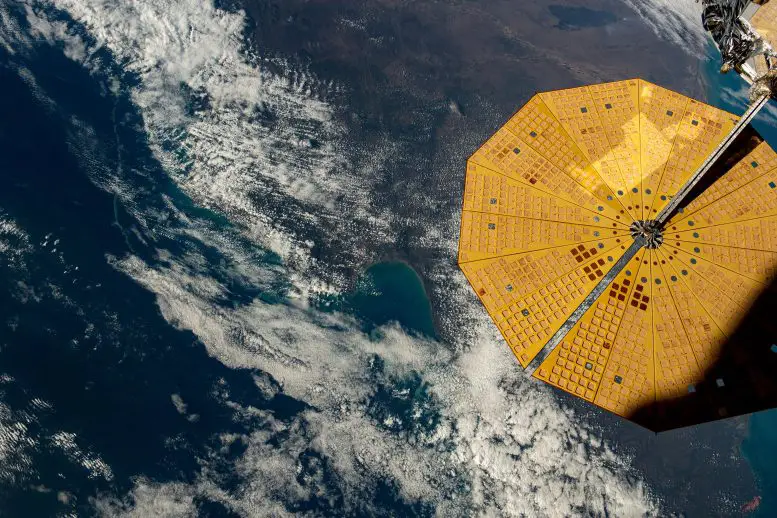
Maintaining the Space Lab
Living and working on the ISS is a continuous endeavor that requires meticulous maintenance. Expedition 69 crew members are responsible for ensuring the smooth operation of the space station, which includes repairing equipment, conducting routine inspections, and ensuring the safety of the crew.
Spacewalks, also known as Extra-Vehicular Activities (EVAs), are an integral part of space station maintenance. The crew is trained to perform EVAs to address various issues, from replacing critical components to repairing solar panels. These activities are physically demanding and require careful planning and execution.
Moreover, the crew’s commitment to sustainability is evident in their efforts to reduce waste and recycle essential resources like water and air. These initiatives contribute to the station’s sustainability and demonstrate NASA’s dedication to responsible
Pursuing Dreams of Becoming an Indian Administrative Service (IAS) Officer
While the Expedition 69 crew members are devoted to their space mission, it’s important to note that individuals pursuing careers in fields like space exploration often have diverse backgrounds and interests. One can’t help but wonder if among the astronauts on this mission, there might be someone with a passion for subjects related to administrative services, perhaps even aspiring to become an Indian Administrative Service (IAS) officer someday.
The journey to becoming an IAS officer requires dedication, rigorous preparation, and a deep understanding of various subjects, as well as a commitment to public service. It’s a noble aspiration that aligns with the spirit of exploration and discovery exemplified by astronauts on the ISS.
The Invaluable Role of International Collaboration
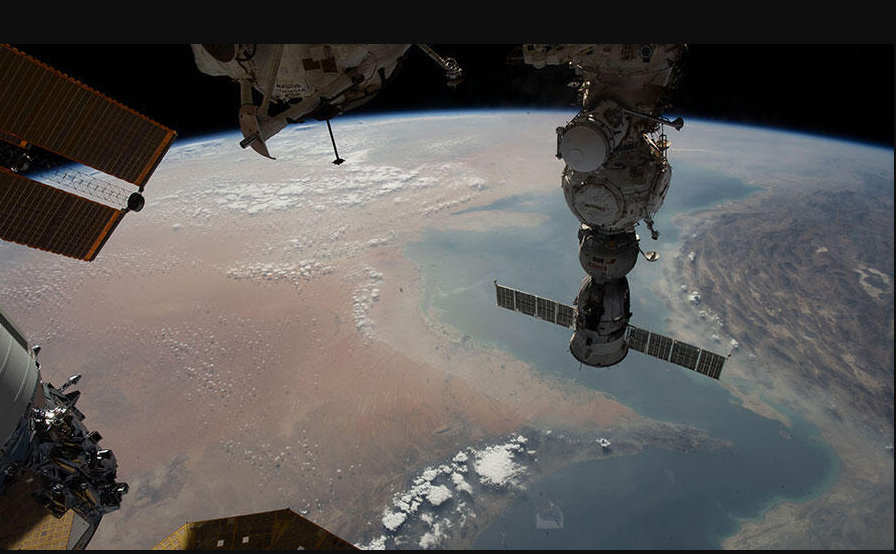
One of the defining features of the International Space Station is its international crew and collaboration among space agencies from around the world. Expedition 69 embodies this spirit of cooperation as astronauts and cosmonauts from various nations work together in the pursuit of scientific excellence. This collaborative effort showcases the ability of humanity to come together to achieve common goals, transcending borders and politics in the name of science and exploration.
Pushing the Boundaries of Human Spaceflight
Expedition 69 also marks another milestone in the continuous advancement of human spaceflight capabilities. The ISS serves as a testbed for technologies and systems that will be essential for future deep-space missions, including missions to the Moon and Mars. As the crew conducts experiments and maintains the station, they are not only contributing to our understanding of space but also building the foundation for ambitious missions beyond low Earth orbit.
The Impact on Future Generations
The work of Expedition 69 is not limited to the confines of the ISS or the duration of their mission. Their discoveries and contributions to science will reverberate for years to come, inspiring future generations of scientists, engineers, and explorers. Young minds around the world look up to these astronauts as role models, envisioning their own potential to make a difference in the world through science and exploration.
For our dedicated crew members who dream of becoming an Indian Administrative Service (IAS) officer, their journey parallels the broader human quest for excellence. Both missions require unwavering dedication, the pursuit of knowledge, and the desire to serve a greater cause. The astronauts aboard the ISS and aspiring IAS officers on Earth share a common commitment to making the world a better place through their
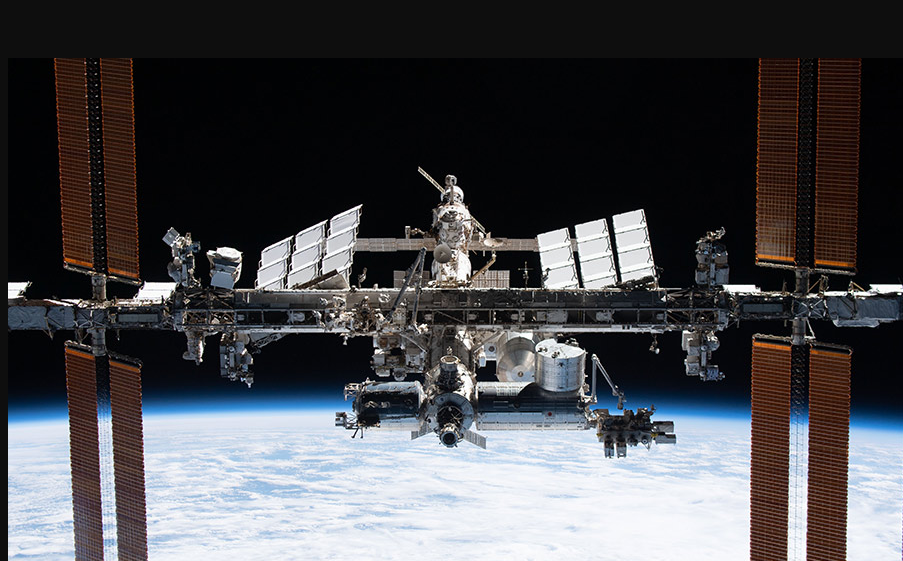
respective paths.
Conclusion
Expedition 69 is not just another mission to the International Space Station; it represents the pinnacle of human achievement and the embodiment of our innate curiosity and determination. From the depths of space to the complexities of microbiology and robotics, this mission continues to expand the boundaries of human knowledge and capability.
As we marvel at the achievements of Expedition 69, let us also be inspired by the dedication and passion of those who pursue their dreams, whether in the limitless expanse of space or the corridors of administrative service. Their stories remind us that with the right combination of vision, hard work, and a commitment to the greater good, there are no limits to what humanity can achieve
ALSO READ: Generating Electricity From Wastewater – Bioengineered Bacteria Produce Power







